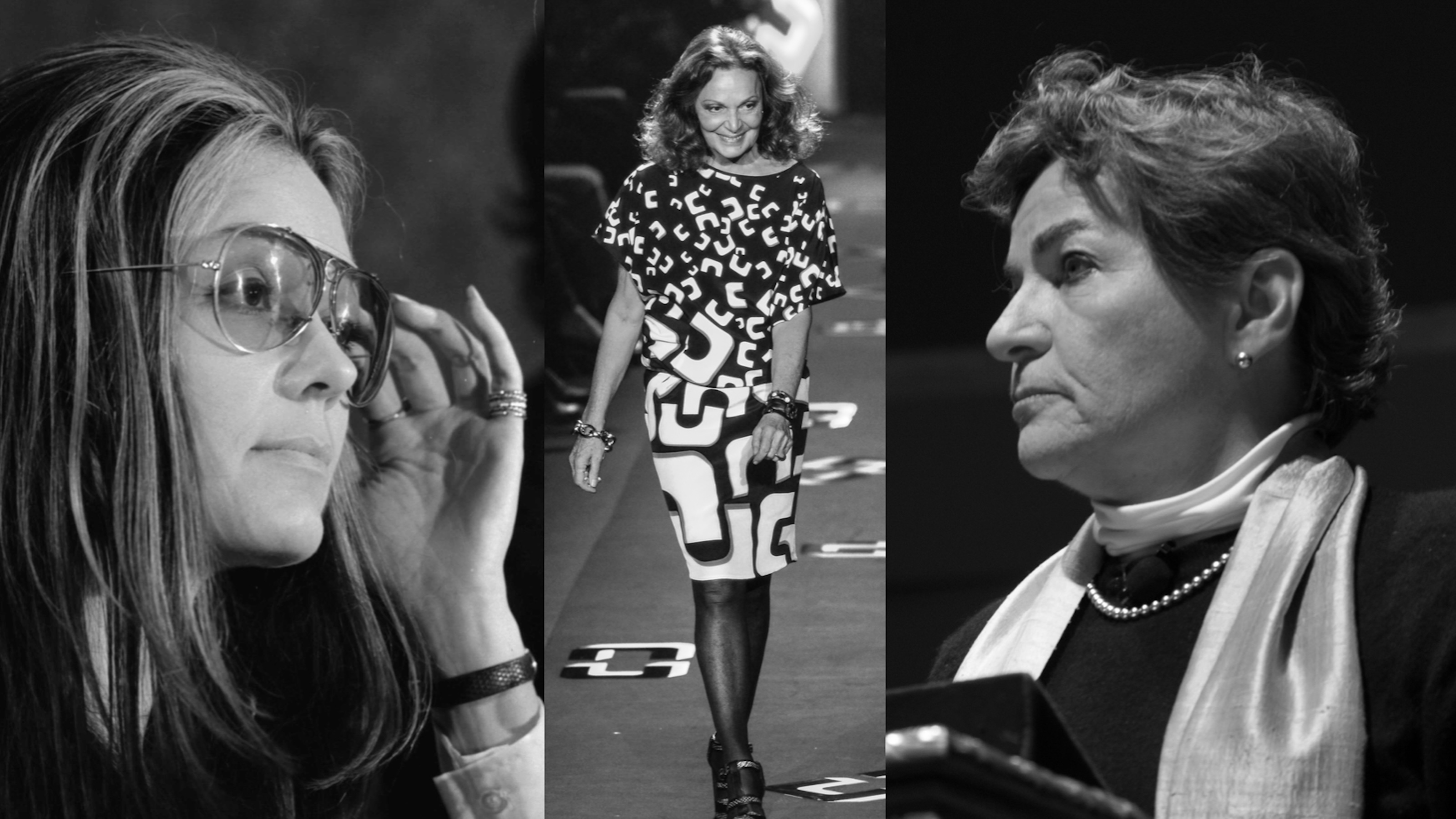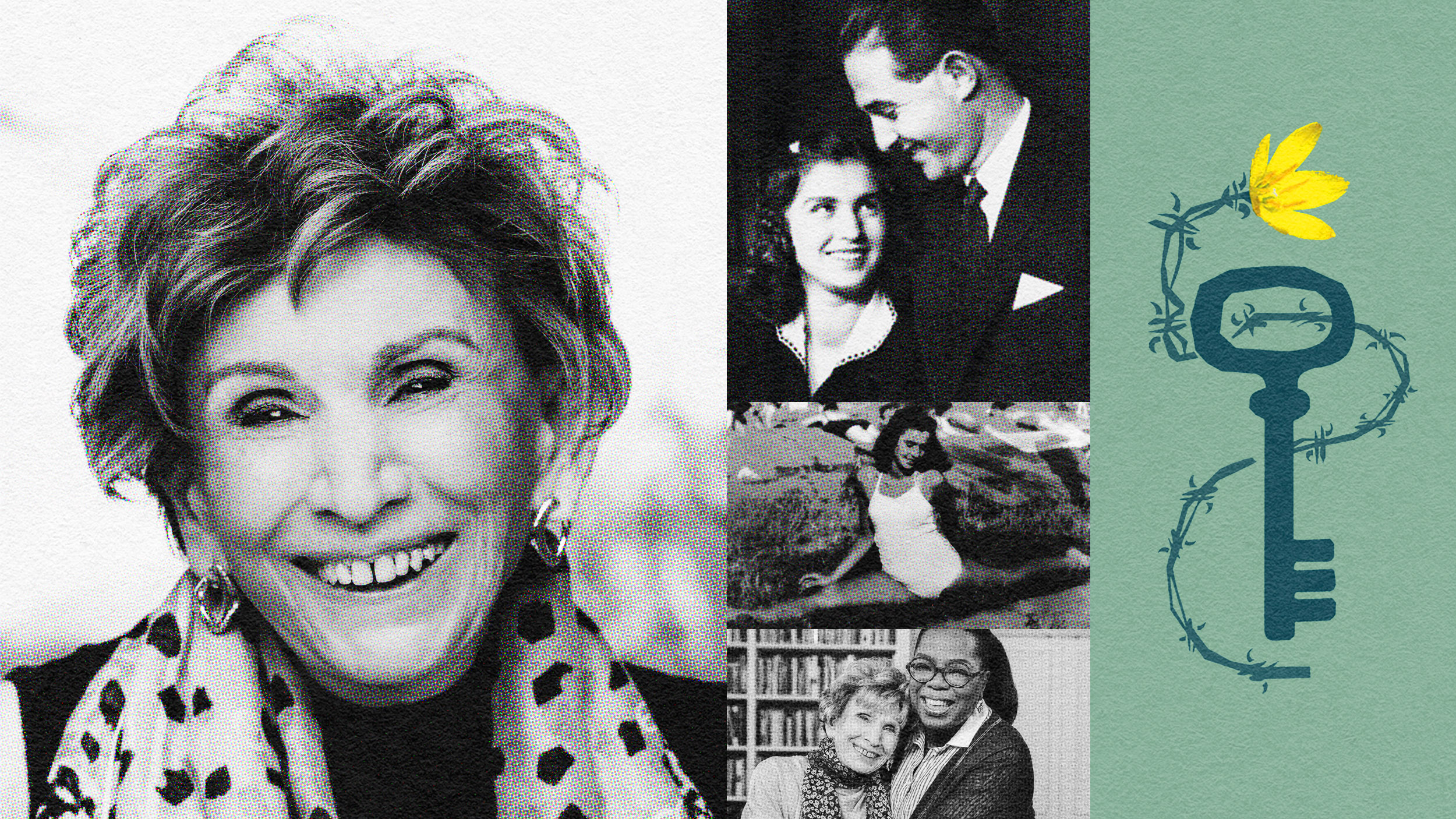Matthew Modine is an actor who has starred in major films including Streamers, Full Metal Jacket, Married to the Mob, Pacific Heights, Any Given Sunday, and Notting Hill. His recent[…]
Sign up for the Smarter Faster newsletter
A weekly newsletter featuring the biggest ideas from the smartest people
Matthew Modine talks about his work as a liberal activist.
Modine: I studied with Stella Adler, and Stella Adler was a great New York acting teacher, and you have to have a need. When you read something, if you don’t have a need to tell that story, you don’t really… you shouldn’t be doing it, because the words have to speak to you so powerfully and you have to want to be able to tell that story, like you have to hear this story because something’s happening. And that’s how I feel about “I Think I Thought.” That was a really important story to me. It wasn’t just, you know… I mean, I calmly said that I wanted to experience what it was to use digital film making, but it began with the desire of hearing a joke and going, “Yeah. That’s what’s happening.” We have our religious leaders. What happened to separation between Church and State in the United States? You know, that’s a really important separation, you know, because one is dealing with hard facts or political facts, and the structure and running of a country, and the other side, the religious thing, is something that exist inside different people’s imaginations of what God is, of what’s right and what’s wrong. There has got to be a separation between church and state. You can’t have religion peeking through the cracks of the wall, you know. And politics getting into religion, you just can’t. That’s why, [I don't know], Thomas Jefferson said there has to be the separation between Church and State. There has to be. But this, you know, political leaders telling us what’s good for us, what’s wrong for us. This is a country of the people, by the people and for the people. And just downtown, less than 2 miles from here, we watched those buildings come down, and that’s when I realized that, living in America, you have to be politically engaged. That if you live in a free and democratic society, you have to participate in the government. You can’t allow the government to tell you what’s right and what’s wrong. This is our country. Those people are elected officials, and if they’re doing things that don’t represent the will of the people, you have to replace them. You have to bring them up on charges. You have to question them, you know. And the news media is something that’s not supposed to tell us what’s right and what’s wrong, but to report. And there are absolute rules about investigative reporting. Don’t tell us what you think. Tell us what you know. Investigative reporting is something that’s so important to a society, you know. That’s why there’s freedom of the press, you know. And people that comment on the news, you know… I was watching during the Gulf War, when it was first starting, and hearing news reporters saying “Oh, we think this is what’s happening. We think that they’re going in here. We think that they’re doing this. They’re doing that.” That’s so dangerous for our own troops, to speculate about something like that. You don’t think that the enemy is watching CNN? Unless they’re using CNN to manipulate those people and make them think that that’s what’s happening. But you know, news media, you know, that’s what Citizen Kane was about. Orson Welles was warning us, that the dangers of somebody owning a lot of newspapers, you know, that… You can’t have a multi-national news media. I may get in trouble for that.
▸
6 min
—
with





